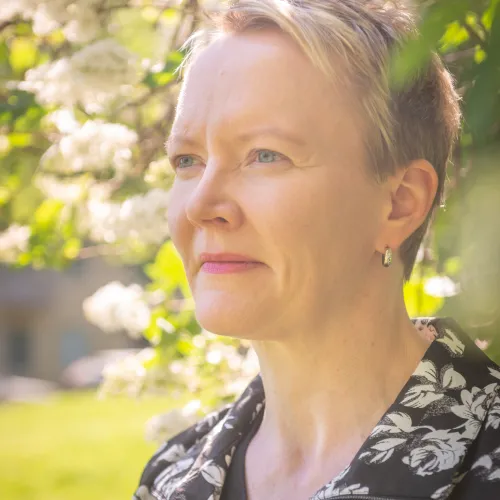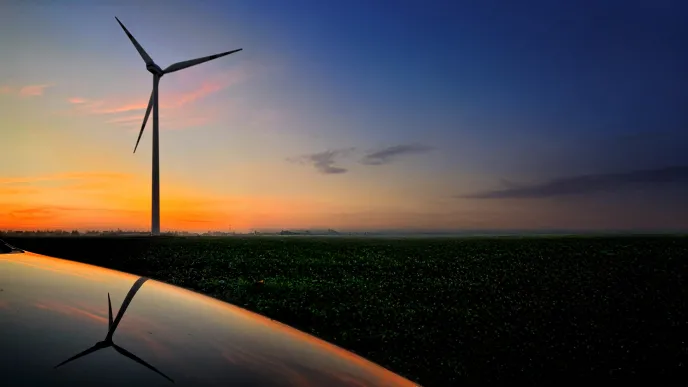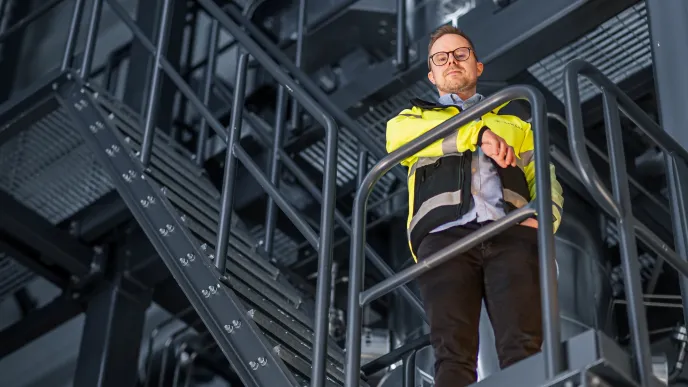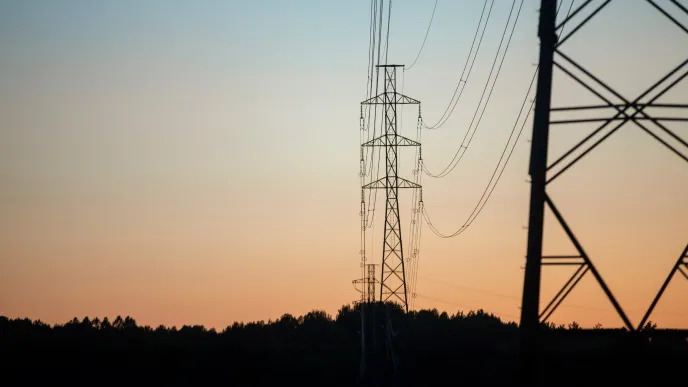Do you actively follow your energy consumption or even produce green electricity yourself? If so, you might be an energy citizen. By 2050, most EU households could potentially be engaged in sustainable energy actions, such as saving energy locally, or producing and storing green electricity.
Energy citizenship means active public participation within energy systems. GRETA is a research project that wants to understand how citizens can actively participate in the clean energy transition. The project is funded by the European Union's Horizon 2020 research and innovation programme and runs from 2021 to 2023.
Citizens are not motivated by top-down policies alone
When it comes to energy, researchers believe that individual citizens have the power to speed up the process towards a more sustainable future. This is backed by recent EU legislation which has made it possible for individual households and communities to produce, store and sell their own energy.
However, little is known about the complex processes steering citizen motivations and willingness to engage in "energy citizenship" behaviours, or the barriers that hamper it. It is unlikely that top-down policies driven by technological evidence and markets alone will motivate citizens to act. That is why GRETA studies the social aspects of the energy transition. The project studies different energy communities in Germany, Italy, the Netherlands, Spain, and Portugal.
"Energy citizenship is multidimensional. The way people act and the information they require needs to be understood thoroughly. Our international consortium produces new future-oriented knowledge and makes space for energy citizenship discussions at different levels – from individual to policy. We will also contribute to enabling citizens', communities', and policymakers' informed and actionable choices. The energy transition belongs to everyone," says Helinä Melkas, GRETA's Project Coordinator and professor at LUT University.
GRETA will offer new knowledge on the drivers and factors that affect energy citizenship. It will also create a comprehensive set of guidelines to equip policymakers in advocating for energy citizenship at a European level and internationally.
LUT brings expertise in electricity markets and socio-technological innovation to GRETA
The GRETA project is coordinated by LUT University. It involves a multinational array of experts from TNO (The Netherlands), University of Bologna (Italy), Fraunhofer ISI (Germany), Virtual Power Solutions (Portugal), Tecnalia (Spain), GESIS (Germany), and Kaskas Media (Finland).
"LUT's role in GRETA is to deliver a coordinated effort materialized by the combination of specific expertise in electricity markets (LUT School of Energy Systems) and socio-technological innovation (LUT School of Engineering Science)", says Melkas.
In addition to its coordination role, LUT will lead several project activities. These are linked to information sensemaking and sharing via digital tools in the context of energy communities, and to the development of machine learning models and decarbonization scenarios from energy citizens' data.
"We will also implement a first-of-a-kind European-wide quantitative survey on energy citizenship perceptions and preferences," Melkas concludes.
GRETA project's five objectives
- To understand who energy citizens are and clarify concepts, definitions, and evolving perspectives on energy citizenship
- To understand how energy citizens act and interact individually and collectively, within energy communities, and whether or how exclusion from this process happens
- To develop and test behavioural strategies, approaches and models for facilitating energy citizenship leading to new strategies for achieving decarbonization
- To realize impact by scaling approaches from local to regional, national, supranational levels leading to generalizing project outputs for further use
- To improve the policymaking process towards a more favorable governance, policy, political, legal, and financing framework for energy citizenship emergence in the EU
GRETA paves the way to active energy citizenship and energy communities. The project was officially launched on May 7, 2021. Follow more updates on its Twitter and LinkedIn feeds. GRETA has received funding from the European Union's Horizon 2020 research and innovation programme under grant agreement No. 101022317.
More information:








